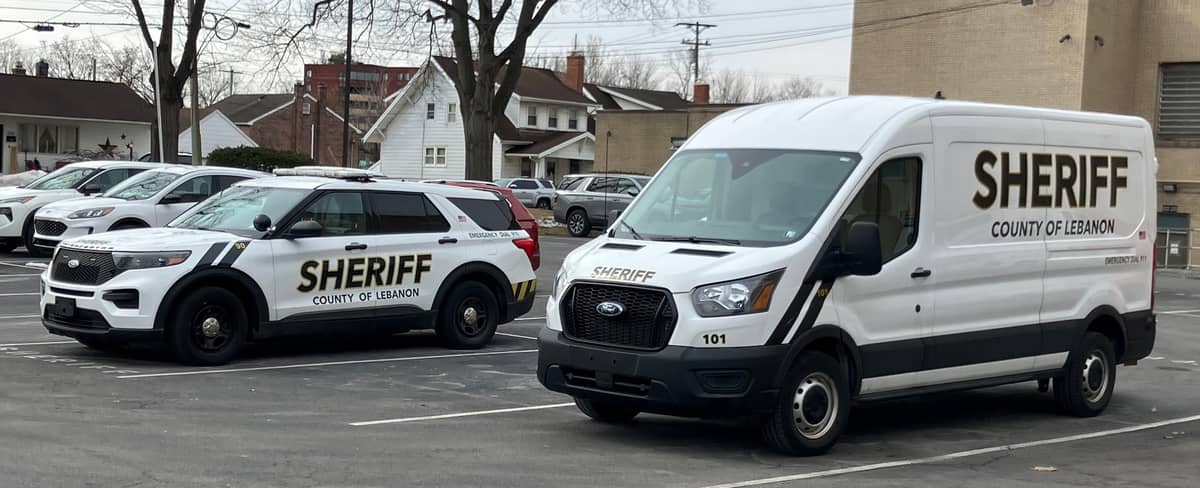To help bring our community together in a time of extreme polarization, LebTown has invited a variety of community leaders to share columns this week on the topic of unitedness and healing.
We feel this topic is important to discuss given the unprecedented protest activity we witnessed across the nation last week, as well as the increased stress felt right now by many due to the ongoing public health and economic impact of the coronavirus pandemic.
If you would like to submit your own column to LebTown, please start by reading our guidelines here.
I am a Lutheran pastor. One of the things we Lutherans take pride in is our ability to hold seemingly opposing views together at the same time. Perhaps the most famous of these seeming contradictions that we hold is the belief that we are all “sinners and saints” at the same time.
We live in challenging and difficult times, and as our county District Attorney recently wrote, we stand at a crossroads. It is only natural that at such times, we look for black and white answers, and clear-cut choices. We want one choice to be obviously good, and the other obviously bad, for the good guys to wear white hats and the bad guys to wear black ones. It would make life much simpler and much easier. The problem, though, is that the serious problems confronting us defy such simple solutions; otherwise they would have been solved by now. Complex problems like those confronting our community, our nation, and our world today require us to be able to hold complex and nuanced views, to be able to hold these views in tension with one another, and to have the courage not only to work hard for solutions but also to listen to the voices and experiences of those different from us.
The good news is, this is entirely possible. In fact, it is far more possible than some people would have us believe. It is possible to love and support police officers, AND to admit that communities of color have not always been protected or served very well in this country or even in our community. It is possible to reject looting and rioting, AND to recognize how the experience of being ignored might lead some to consider that option. It is possible to applaud the good and faithful service of the vast majority of police officers, AND to listen when our neighbors of color tell us about times when a minority of police officers are neither good nor faithful servants. It is possible to believe in the rule of law and the integrity of law enforcement AND to admit that there are some people wearing badges who shouldn’t be.
A few years ago, a clergy colleague shared with me a story of an encounter she witnessed between a police officer and a black citizen in our community, an encounter that any reasonable person would have characterized as harassment. Not long after, I was at the planting of a community garden in the park at 9th and Mifflin Streets on the Northside, and I met Chief Breiner and heard him talk about his commitment to building good relations between the police department and the community they serve. I have no reason to doubt my colleague, and I have no reason to doubt Chief Breiner, because both of those things can be true. Since moving to Lebanon, I’ve had reason to interact with police officers from the city and from township police departments (and with prosecutors) on numerous occasions, and in every case I have found them to be courteous, cordial, and respectful; at the same time, I have friends and colleagues who have had much less positive experiences. Again, both of these things can be true. Being opposed to police brutality, systemic racism, and racial disparities in policing does not mean being opposed to police. In fact, every good police officer I know will tell you that they are opposed to these things, too.
We do stand at a crossroads. The choice before us is this: will we continue to listen to the voices that seek to divide us with overly simplistic, black-and-white, us-versus-them characterizations of complex problems, or will we recognize that complex problems require us to hold complex realities in tension with one another? Will we listen to the voices at the extremes who want to force us into either/or choices, or will we listen to the voices of our neighbors of color AND our police officers, and commit to making choices that will benefit everyone? The answer to that question will determine whether we are able to unite as a community and to solve these complex problems, or whether we will simply continue to perpetuate the cycle of futility and division. I pray that we will choose to do the difficult work together, for the good of our entire community and our world.
Bob Ierien is pastor of the Lebanon Lutheran Cooperative Ministry.

























